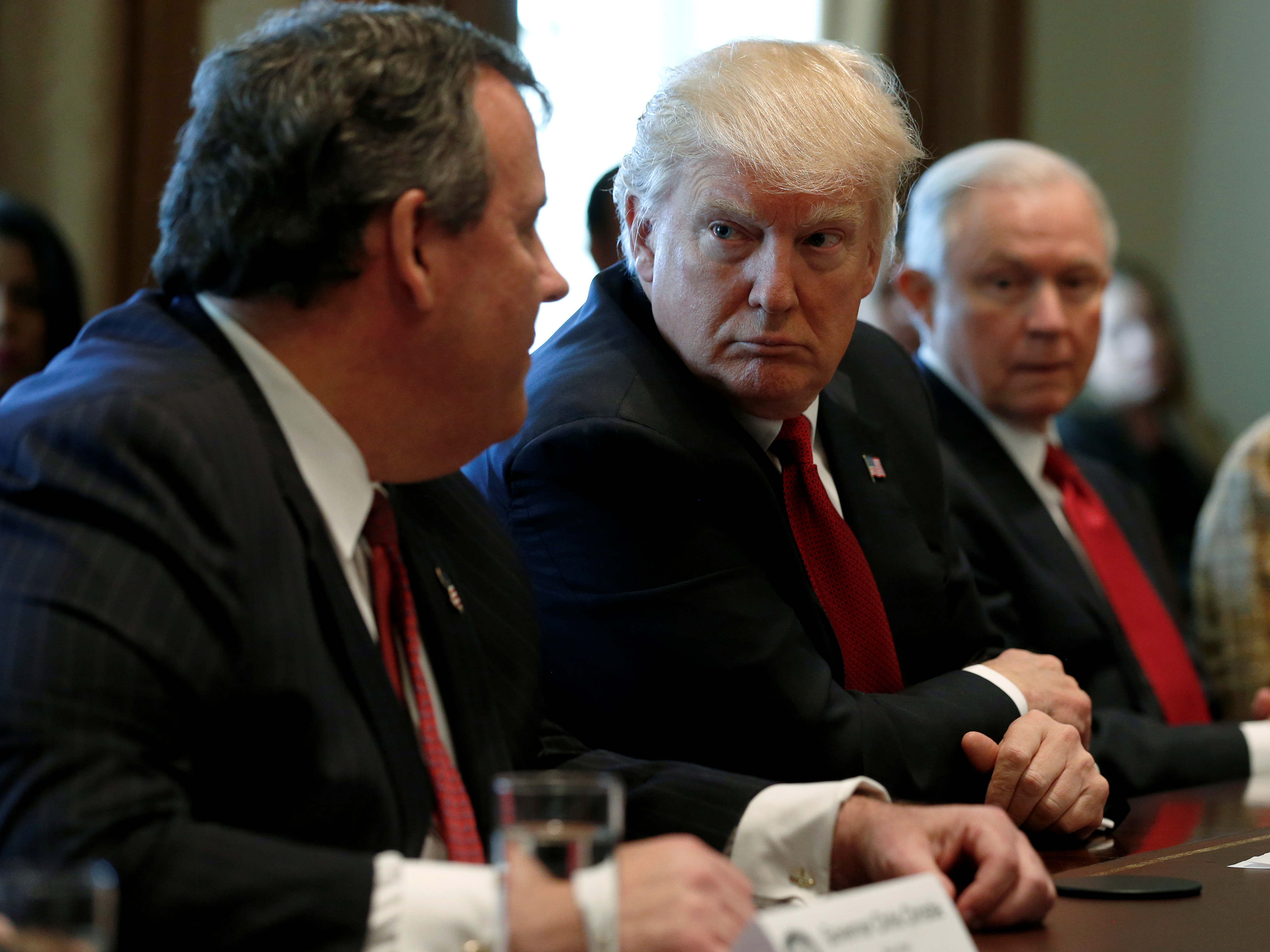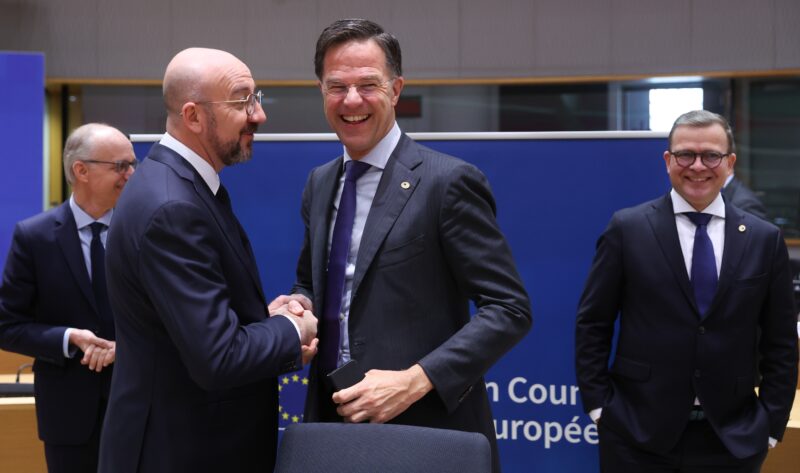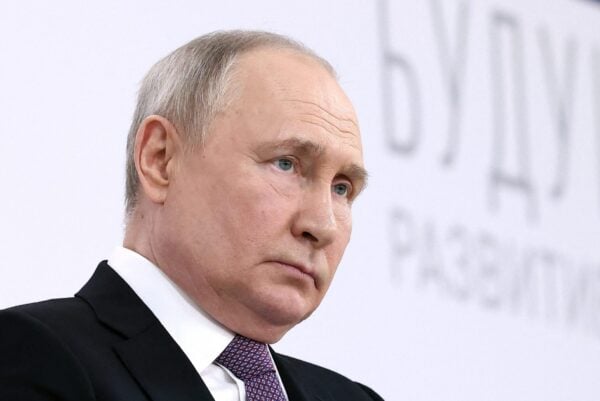- President Donald Trump declared the opioid crisis a “public health emergency.” Trump’s move will direct the Department of Health and Human Services to declare the emergency and take some steps toward addressing the crisis. Some policy experts are skeptical about how far the declaration can go, especially because it doesn’t provide much funding.
On Thursday, President Donald Trump declared the opioid crisis a “public health emergency.”
“We are going to overcome addiction in America,” Trump said in a speech on Thursday.
The announcement comes more than two months after Trump said he’d make the opioid crisis a “national emergency.” Since then, the Trump administration hadn’t taken the steps to make that official.
Designating the opioid crisis as a "national emergency" would have set aside funding for the problem and added a sense of urgency. Instead, Trump will instruct the Department of Health and Human Services to declare the "public health emergency." That will have a bit more of a limited effect in terms of funding, but will include:
- Improving telemedicine services by helping doctors prescribe medication for addiction to people living in rural areas; Shifting HIV resources to better address those dealing with HIV as well as opioid addiction; Helping provide labor grants to people displaced by the opioid epidemic; And adding more personnel to HHS.
Dr. Katherine Watkins, a senior physician policy researcher at RAND Corporation, told Business Insider that the declaration is "unlikely to have a large impact," especially without many additional resources going toward the crisis.
More than 183,000 people died from overdoses related to prescription opioid painkillers like oxycodone, hydrocodone, fentanyl, and morphine over the last 15 years.
What HHS can do
Katharine Neill Harris, a fellow in drug policy at Rice University, told Business Insider that the declaration puts a lot of the responsibility on HHS, a department that currently doesn't have a permanent head after Tom Price resigned in September. The department is also without a "drug czar" after Rep. Tom Marino withdrew his name from consideration on October 17. That means we'll have to wait and see whether the agency will proactively respond sooner rather than later, Harris said.
Even though it will have more limited funding - an estimated $57,000 set aside in a public health fund versus "millions of dollars in federal aid" from the Disaster Relief Fund - HHS could see an effect beyond what will be in Thursday's emergency declaration, especially through enforcing the Mental Health Parity and Addiction Equity Act of 2008 to ensure more people have access through their insurance to treatments for addiction Neill Harris said.
Other recommendations coming out of the White House Opioid Commission include allowing for more access to naloxone - an emergency treatment for opioid overdoses - either by negotiating for a cheaper price or by helping fund supplies to more rural areas. That would likely require more funding than what's available through the "public health emergency" designation, as would providing more resources at the local level for communities looking to reduce the harm caused by opioids through drug testing sites or safe injection sites.











